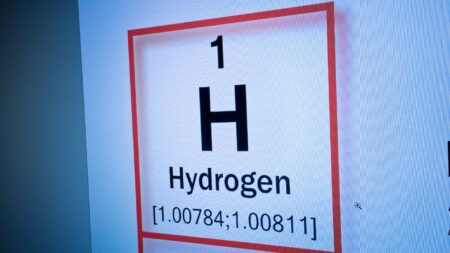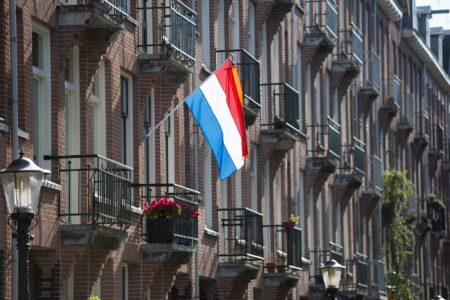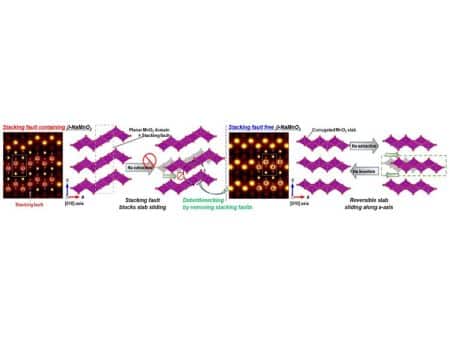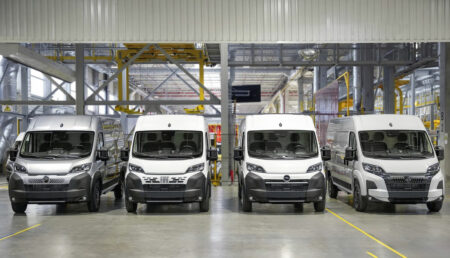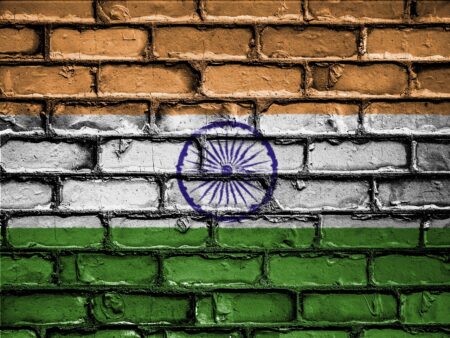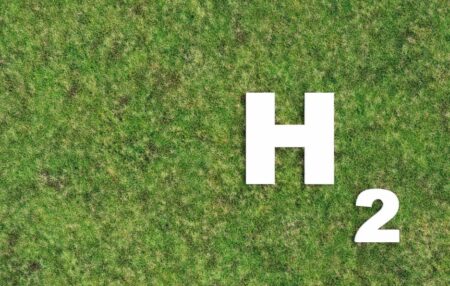The Kingdom has the capacity to compete in the market for the production of green hydrogen at the lowest cost, up to $ 2.54 per kilogramme, in the city of Dakhla, according to a scientific study conducted by Moroccan researchers.
A group of Moroccan academics published their work, “Evaluation of Green Hydrogen Generation in Morocco Utilizing Mixed Renewable Sources,” in the International Journal of Hydrogen Energy.
The team consists of Noureddine Boumcht, Doctor of Engineering at the National School of Arts and Crafts in Meknes, Souad Abdelrafi, Research Professor at the Mohammadia School of Engineers, Elham Aurea, Research and Development Engineer at the Institute for Research in Solar Energy and Renewable Energies, Nahila Nabil, Director of Green Hydrogen Systems at the same Institute, and Elham Aurea.
The research team tested various criteria that help analyse and test the best site to produce green hydrogen at the lowest cost before coming to the conclusion that Dakhla is the best place to produce in terms of cost. The team also simulated and optimised hybrid systems using solar and wind energy at several Moroccan sites.
According to the study, one of the most promising methods that will help to facilitate the energy transition towards carbon-free emissions is the electrolysis of water in conjunction with renewable energy sources.
Electrolysis, the method used to separate hydrogen from oxygen to extract hydrogen from water, results in “green hydrogen” since it uses renewable energy sources.
A techno-economic analysis of green hydrogen production facilities in five Moroccan cities was conducted as part of the study to ascertain the net cost, storage capacity, and cost of seawater desalination. The findings indicated that the combination of photovoltaic panels and wind turbines could help Morocco, particularly in Dakhla, produce low-cost hydrogen.
The study’s findings indicated the value of using hydrogen tanks to store energy, as well as the potential for omitting the cost of seawater desalination because it only accounts for 0.12 to 0.35 per cent of net costs in the city of Dakhla, where the potential cost is the lowest compared to previous studies.
Morocco is one of only six nations in the world, according to the World Energy Council, with a significant capacity to create green hydrogen and its derivatives, making it eligible to meet 4% of global demand by 2030.
King Mohammed VI gave the government instructions to create a “Morocco offer” in November of last year, which covers the entire value chain of the green hydrogen industry. The goal was to join the group of nations with strong credentials in this emerging industry and to respond to the numerous projects being carried out by investors and international pioneers.


